160954
Methyl 4-nitrobenzenesulfonate
99%
Synonym(s):
Methyl nosylate, Methyl p-nitrobenzenesulfonate, Methyl p-nitrotosylate
About This Item
Recommended Products
Assay
99%
form
solid
mp
89-92 °C (lit.)
solubility
acetone: soluble 5%, clear, faintly yellow to greenish-yellow
SMILES string
COS(=O)(=O)c1ccc(cc1)[N+]([O-])=O
InChI
1S/C7H7NO5S/c1-13-14(11,12)7-4-2-6(3-5-7)8(9)10/h2-5H,1H3
InChI key
RMNJNEUWTBBZPT-UHFFFAOYSA-N
Looking for similar products? Visit Product Comparison Guide
General description
Signal Word
Warning
Hazard Statements
Hazard Classifications
Skin Irrit. 2
Storage Class Code
11 - Combustible Solids
WGK
WGK 3
Flash Point(F)
Not applicable
Flash Point(C)
Not applicable
Personal Protective Equipment
Certificates of Analysis (COA)
Search for Certificates of Analysis (COA) by entering the products Lot/Batch Number. Lot and Batch Numbers can be found on a product’s label following the words ‘Lot’ or ‘Batch’.
Already Own This Product?
Find documentation for the products that you have recently purchased in the Document Library.
Customers Also Viewed
Our team of scientists has experience in all areas of research including Life Science, Material Science, Chemical Synthesis, Chromatography, Analytical and many others.
Contact Technical Service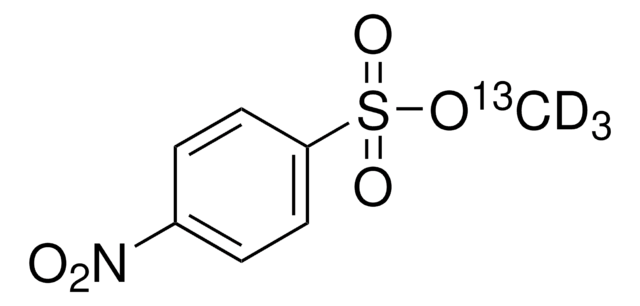
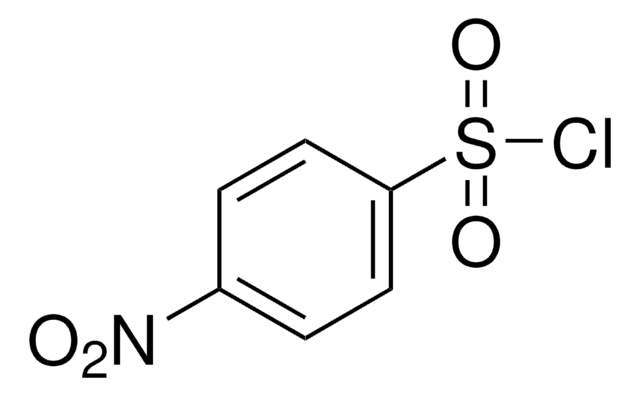

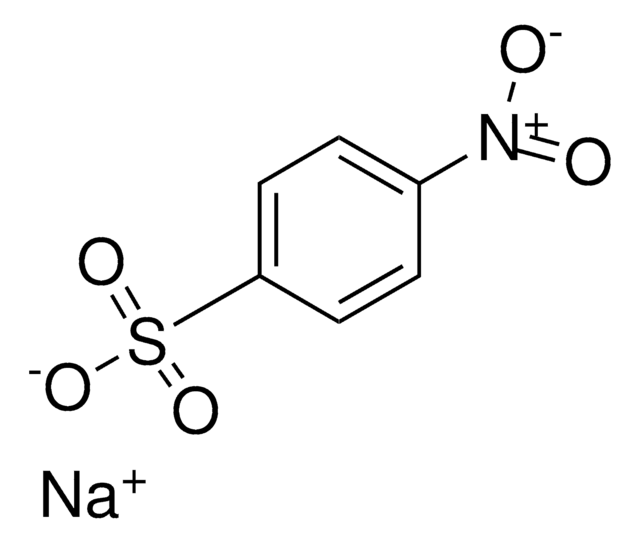

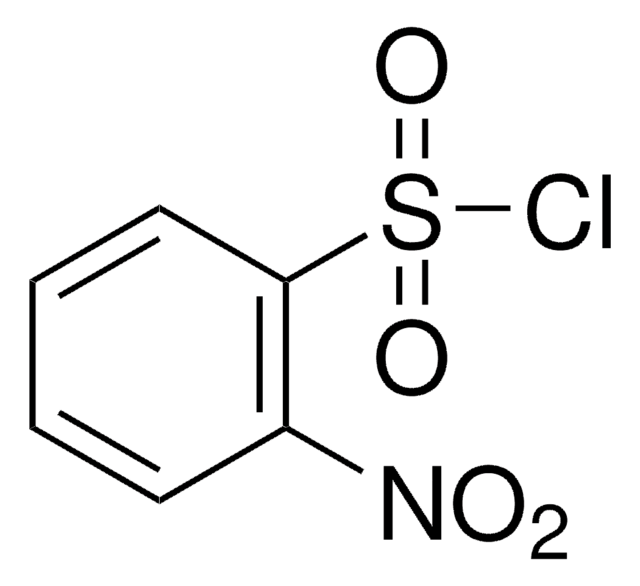

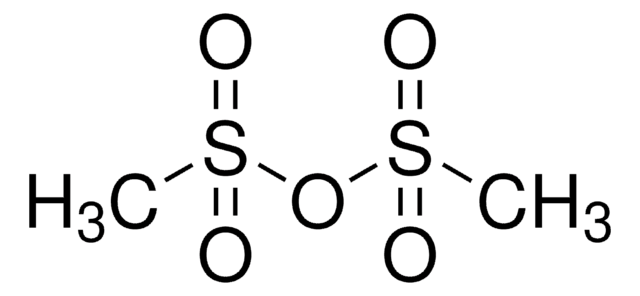



![7-Methyl-1,5,7-triazabicyclo[4.4.0]dec-5-ene 98%](/deepweb/assets/sigmaaldrich/product/structures/237/769/028967ef-ca63-4f22-acc9-68f135a43b9a/640/028967ef-ca63-4f22-acc9-68f135a43b9a.png)


